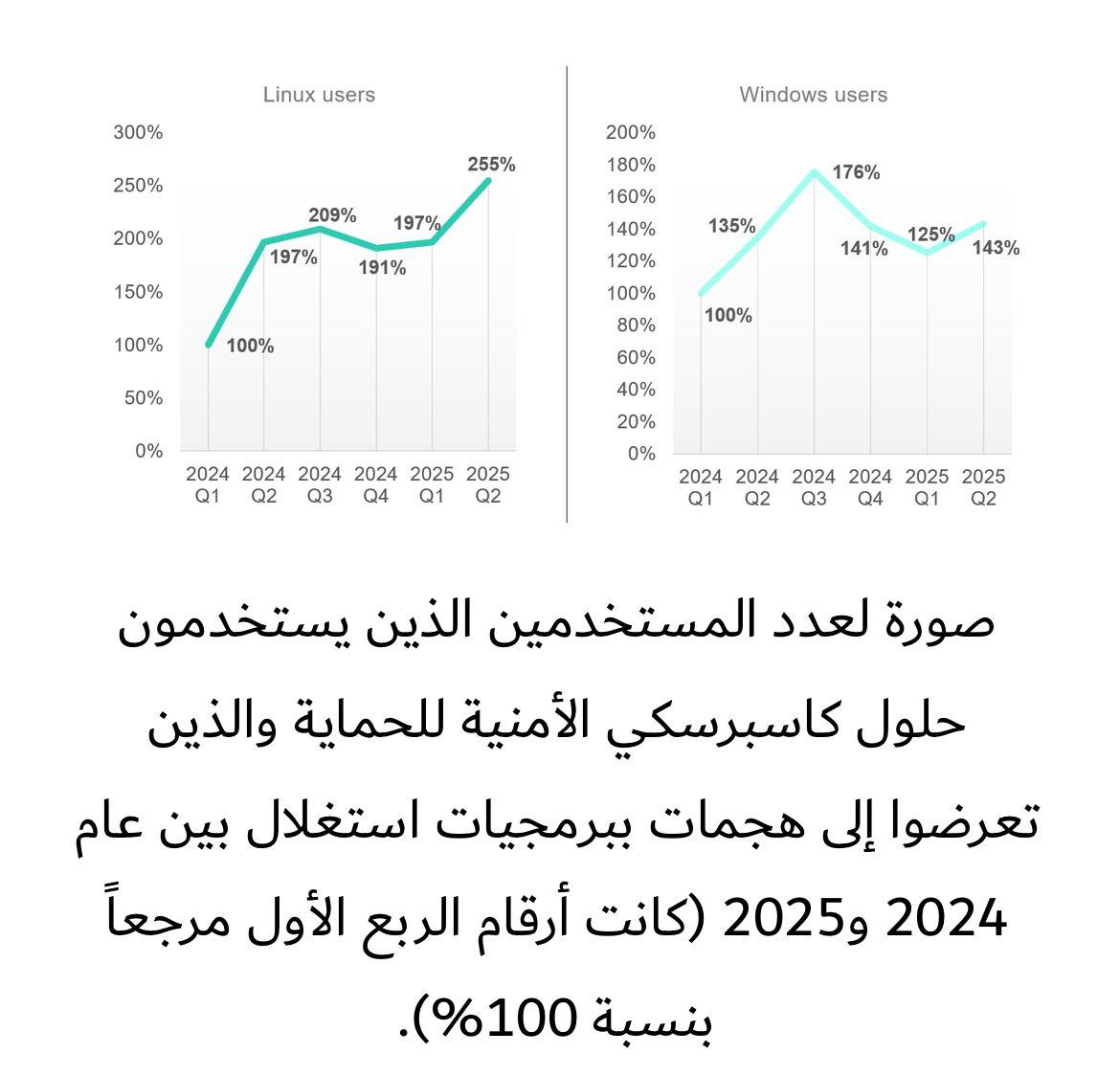By ; Saber Mohamed
Overall mobile phone shipments to the countries of the Gulf Cooperation Council (GCC) declined 16.0% quarter on quarter (QoQ) in Q1 2020 to total 5. 5 million units, according to the latest insights from global technology research and consulting firm International Data Corporation (IDC). The firm's Worldwide Mobile Phone Tracker reveals that shipments of feature phones declined 28.5% to 1.04 million units over the same period, with smartphone shipments down 12.5% to 4.51 million units.
The decline in the feature phone space continues to be spurred by a general shift away from 2G devices in the region as telcos in several GCC countries stop supporting the 2G spectrum. In the case of Saudi Arabia—the largest feature phone market in the GCC—the suspension of Umrah caused a steep decline in demand for these devices.
The smartphone market's decline primarily stemmed from supply shortages. However, this was further compounded by a slump in consumer demand across both the organized retail (OR) and independent retail (IR) channels, caused by the pandemic-induced closures and lockdowns that started in March and continued well into Q2 2019.
Image: View breakdown of top 4 smartphone brands in the GCC
Samsung led the GCC smartphone market in unit terms in Q1 2020 with 38.8% share, while accounting for 25.9% value share. Samsung experienced QoQ shipment declines in some of the region's larger markets due to shortages of its popular A-series models. Despite supply shortages seen in January and February, Apple continued to lead the market in terms of value with 53.5% share, while accounting for 20.4% of the market's units.
Xiaomi, meanwhile, was one of the only vendors in the whole GCC smartphone space to post both unit and value growth in Q1 2020, accounting for 9.2% of the market's units and 4.3% of its value. "Despite facing some supply constraints, Xiaomi remained resilient through active engagement via online channels and also with the help of a suitably priced model portfolio," says Akash Balachandran, a senior research analyst at IDC.
In the short term, a further decline is expected in the market—particularly in Q2 2020—due to the effects of lockdowns seen across the GCC countries and the closure of both IR and OR channels. While online channels have experienced a significant upsurge in sell-out, this will not be able to compensate for the loss of sales through traditional channels.
"While moderate, some QoQ unit growth can be expected in the latter half of the year, with travel expected to resume and public sector spending to increase alongside an expected recovery in oil prices," says Ramazan Yavuz, a senior research manager at IDC. "However, the market will retain a strong preference for entry-level and midrange devices as consumer demand will only slowly recover throughout the year."













































































